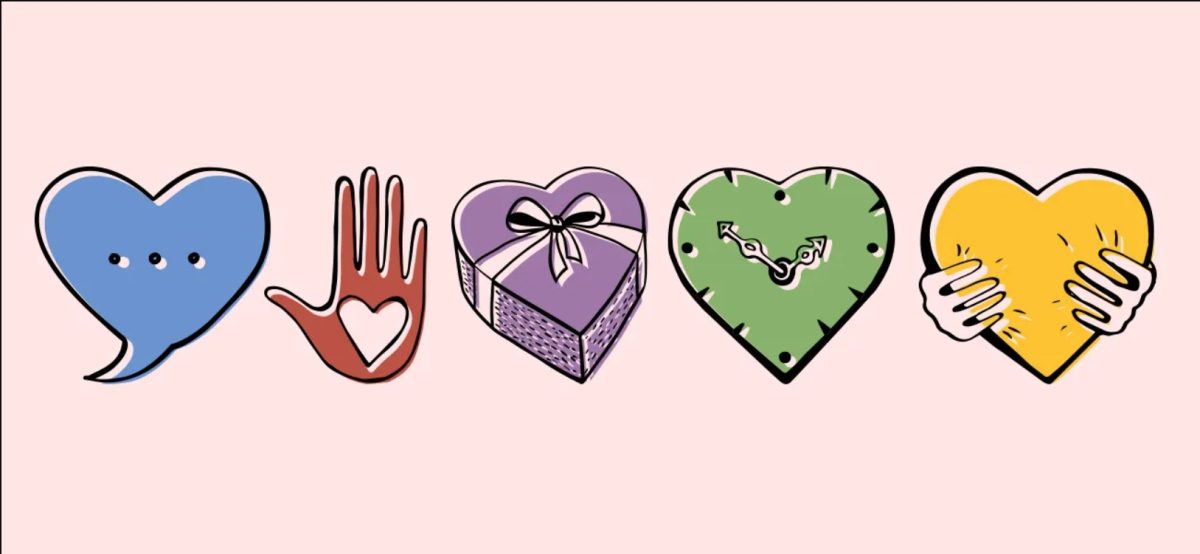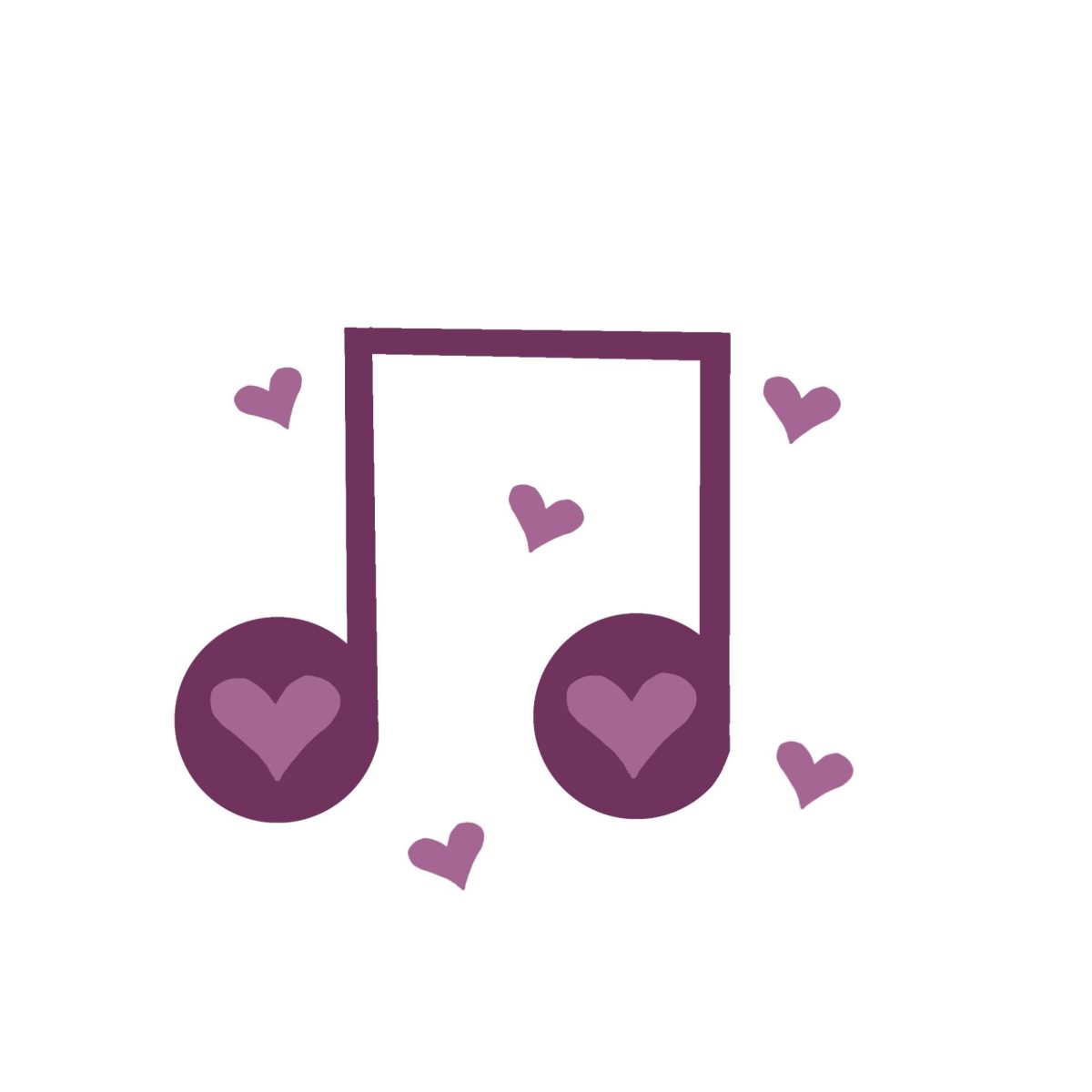Before a fan leaves the house to attend a concert, there is always a ritual check of necessary items. Ticket? Got it. Phone? Oh, yeah. But one invaluable item is often forgotten. Ear plugs.
Many concert goers only seem to care about what they wear to a concert but never about the damage it has on a person’s hearing. Wearing hearing protectors is useful when it comes to a high volume stadium surrounded by a screaming crowd.
Along with frequency and duration, sound is measured on volume intensity based on a decibel scale.
“The average concert is between 110 dB and 120 dB,” said Jonah Woolley, a writer for H.E.A.R. “For a reference, a busy street comes in at 80 dB and the average conversation is 60 dB. That is loud enough that you will begin to suffer hearing damage after just 30 minutes of exposure.”
Excessive exposure to unsafe decibels can damage more than just a person’s eardrum. It can also adversely affect the inner ear.
According to the C.D.C. “Noise can damage hair cells, membranes, nerves or other parts of your ear. This can cause temporary or permanent hearing loss.”
One reason concert goers often don’t wear protective equipment such as noise-reducing earplugs or muffs is because they enjoy the feeling of the music beating in their ears.
“I love when I attend concerts where the music is loud enough where I can enjoy every moment I have in the stadium,” junior Ava Gorny said.
Noise level depends on the seating location. Typically, speakers are positioned on the sides of a stage and are pointed towards the center of the venue. Though trying to get close and center provides a concert goer with a great view, it can also cause more ear damage.
“Protecting your hearing can be a major concern, yet wanting to enjoy the performance at the same time while getting a better look can be hurtful to your own ears based on the distance of the stage,” junior Lauren Dwyer said.
Even after a concert is over, many fans experience tinnitus, which is a continuous ringing, roaring or buzzing in the ear.
“During the concerts I’ve been to, there were a few times that I could tell people’s hearing was affected,” junior Corinne Lowenstrom said. “A few days after the concert, I still had the continuing feeling of ringing in my ear.”
People may not fully get the point of wearing hearing protectors while attending concerts because they may feel like the fun is being taken out of the moment and not want to think about the damage it is doing to their ears.
“There were a few moments when the bass got super loud, and I started to get a headache,” Lowenstrom said. “I had to sit down because I didn’t want it to get any worse, but I did try to enjoy it as much as I could.”





